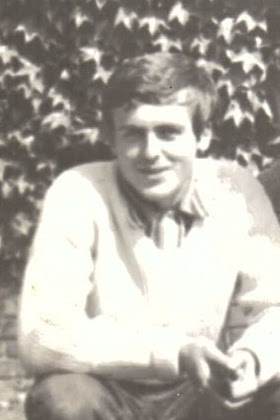One should always keep their back straight and not try to please anyone

Stáhnout obrázek
Jan Mandelík was born on 20 December 1946 in Prague. His parents, Jiří Mandelík and Zdena, née Radimská, came from prominent families with extensive histories in the Kolín region. His ancestors include aristocrats and great businessmen, diplomats and artists. They were public figures and important philanthropists. But they were also Jews, and the Second World War meant destruction for them, which the subsequent years of totalitarianism completed. For a long time, Jan Mandelík, as a child born after the war, had no idea how different his life could have been. Thanks to his excellent school results, he managed to enter grammar school and went to the University of Agriculture, where there was a lack of applicants. During his studies, he was allowed to travel to the USA, where he lived with relatives and attended classes at Indiana University in Bloomington. After the August 1968 invasion, he decided to return to socialist Czechoslovakia. He eventually found employment in the construction industry, and after the Velvet Revolution, he started his own business in this field. From the property which was returned to the family in a tragic condition, he now takes care of ponds and a small chateau. His son has already taken over the family business. At the time of filming (2023), he lived in Prague.


















